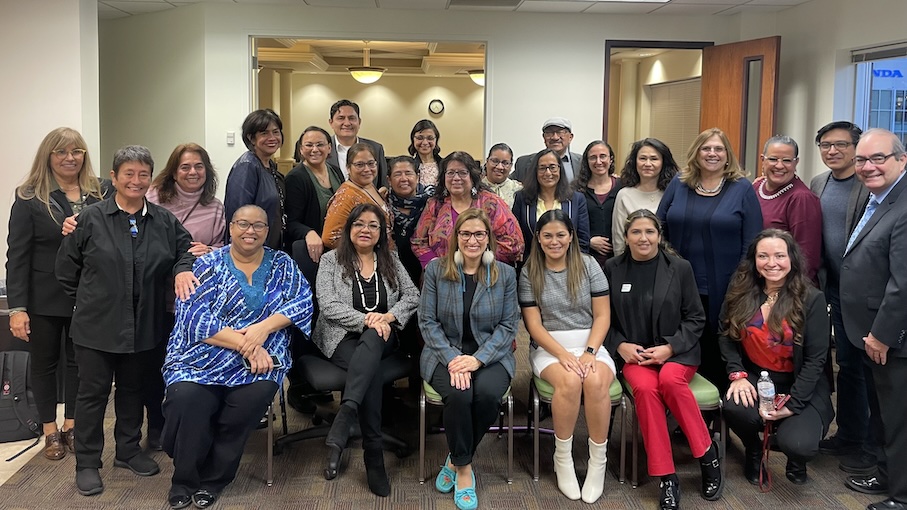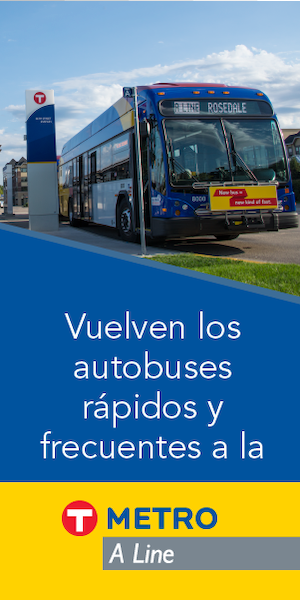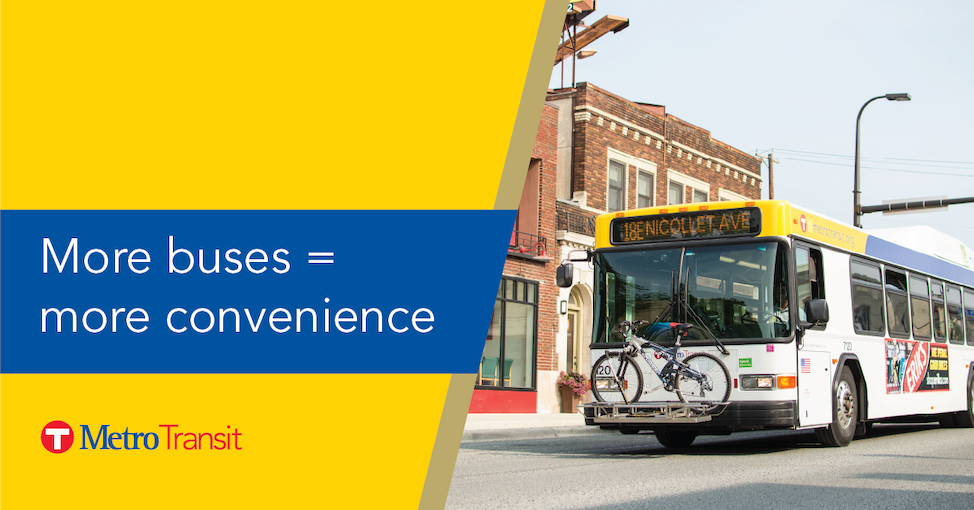
In a meeting with Lieutenant Governor Peggy Flanagan, “Latinos Serving Latinos” was born. A new organization of leaders within the Minnesota Latino community to proactively and strategically work to give voice to the needs and issues in the community, collaborating in search of solutions.
Composed of representatives of non-profit organizations, state workers, and local media, among other areas of work; the group emerged organically through online meetings and conversations about collaboration to confront the COVID-19 pandemic. Since then, the group has met periodically and recently has adopted a name that identifies its common purpose as “Latinos Serving Latinos.”
 Working to identify and express the immediate needs and topics of common interest in relation to the good development of the Latino community in the state; a special meeting was called with Lieutenant Governor Peggy Flanagan to give voice and ensure that state leaders learn about and recognize the need to focus on these issues. That meeting was finally held this Thursday, November 16 at the radio station “La Raza” in Richfield, Minnesota. Knowing the limited time to overview the topics, the group efficiently planned the meeting and selected four main topics as part of the meeting and discussed with the dignitary: Health, education, immigration, and public safety.
Working to identify and express the immediate needs and topics of common interest in relation to the good development of the Latino community in the state; a special meeting was called with Lieutenant Governor Peggy Flanagan to give voice and ensure that state leaders learn about and recognize the need to focus on these issues. That meeting was finally held this Thursday, November 16 at the radio station “La Raza” in Richfield, Minnesota. Knowing the limited time to overview the topics, the group efficiently planned the meeting and selected four main topics as part of the meeting and discussed with the dignitary: Health, education, immigration, and public safety.
It should be noted that prior to this meeting, the group had available options and ways to support the migrant population that recently arrived in the state. Families that largely have come directly from the southern border and/or from other states; in a migratory movement of thousands of people that have reached the United States from Central and South America; many of them without any guide nor resources to get started.
A positive welcome to Lieutenant Governor Flanagan was extended by those present, a group of approximately 40 people. The meeting, presented and moderated by Armando Quintero, Manager of the radio station; began with an introduction of the group by Rosa Tock, Executive Director of MCLA, indicating origin and purpose, as well as the intention to give voice to its internal conversations.
Responding to the opening presentation, Lt. Governor Flanagan was thankful for the invitation, and mentioned the progress made in the recent legislature with the implementation of new policies designed to create a better Minnesota and that this was the perfect time to listen and recognize the new challenges in our communities.
Following that, Rodolfo Gutierrez, Executive Director of Hacer, presented (as context) demographic data on the Latino population in Minnesota. Who they are, where they are from; the current estimates of population number; and most importantly, the projection of the economic contribution of this immigrant community, a community that has come to be here to stay…
Immigration
Recurring, the conversation about immigration focused largely on the situation of lack of support and resources for many of the new immigrants, forcing the question of what could it be the number of people affected by this situation; many of the present estimated that more than three thousand families have been detected as new arrivals and with them their families, for an unofficial estimation of 7 to 8 thousand new immigrants who today could be in. the need for food, housing, jobs.
Lt. Governor Flanagan responded with the intention of learning more about the problem and immediately connecting with local counties, like Hennepin, to learn what resources exist and approach the problem in a strategically ideal way to ensure resources are channeled appropriately.
Leaders in the group, such as Adriana Galván, pointed out that it was necessary to establish a support action plan so that this situation does not become a crisis like the one that already exists in some other states in the nation. Galván made it clear that these new communities come to these places given the possibility of a better life, but only under the precept of contributing through their labor.
It was mentioned that locally, shelters and hotels appear to have maximized their capacity to serve these new families, also; that on the border, there is already the notion that Minnesota can be an ideal destination for new immigrants.
Health
Dr. Liliana Gomez Tobón spoke in regard to health, mental health in particular, letting the dignitary know about the crisis that, due to the pandemic, some in the community are being affected. She urged the leader to identify the dynamics of action to deliver prevention and therapy programs and resources to our families and communities. Assertively, the Lieutenant Governor responded that today she is not aware of the resources that exist and that it is possible that they do not exist for the required purpose. It would be important to identify those who are currently working on the matter to know how to connect policies and locate the resources to work on them.
It is known that funds have been exhausted for some organizations and that continued work is crucial.
The dignitary then noted that a portion of the recently approved budget was destined for the training of therapists and mental health professionals from communities of color. Thus, another call to action was expressed by Rebecca Sedarski, who works for DHS, to adapt process policies in accessing resources so that the immigrant community can benefit from it.
Education
Two leaders with extensive experience in the school system and knowledge of the educational needs of the community, Rosita Balch and Adriana Galvan established the crucial topics on the matter, imperative for the knowledge of the present dignitary. First, with appreciation of the great work and achievements of the legislative session in matters of education (like the program “NorthStar Promise Scholarship”), which undoubtedly expands access to opportunities for everyone in the state; the leaders indicated that although some financial barriers have been overcome with this achievements, they still persisted indicative that academically, many students were not truly prepared for higher education. A problem of origin when it is known that many parents are not informed about how the educational system works and that this could be a consequence of the shortcomings that basic education presents for new immigrant families.
Once again, grateful for the advances and tools that we all have today, the leaders also called to preserve and promote the culture of recognition and better compensation for the work of the educators. Suggesting as well that the state work on identifying what other states in the nation do to have better educational achievement by our students.
Public security
The conversation about public safety began with an anecdotal mention from Rebecca Sedarski, a situation of mistrust and potentially “racism” by an individual against a Hispanic family in Rochester. Indicative that many things have not changed; and that it was necessary to establish strategies that in some way make it known that leaders like Flanagan are supporting our communities. Show up at community events, meet and get to know, and be seen among our people.
Next, Patricia Tototzintle, Executive Director of Esperanza United, shared the issues and crises that most affect many of our families, such as domestic violence, fear of family separation, and the need to allocate resources appropriately, culturally, and through the correct instances. Assuring the leader’s knowledge that offering public safety – in any of its modalities – was an important obligation in the work of the authorities.
Flanagan indicated that she could hardly eradicate racism but that if it came to being there for people, she would definitely do it. Also, converging on the idea that it is all about equipping the people and organizations while encouraging the state to work at its maximum capacity to adequately provide response services, in a cultural and appropriate way, at a minimum.
The pleasant, successful, and efficient meeting culminated with a group photograph among those present, and with a sense of hope when understanding that clear, direct, and generative communication with the state leader was possible; and that there are goals but most importantly, willingness to work among all Latinos Serving Latinos present.
__________________________________________________________________
Translated from this article at www.elminnesotadehoy.com
https://www.elminnesotadehoy.com/lideres-de-latinos-serving-latinos-expresan-temas-de-accion-inmediata-a-vicegobernadora-flanagan/














